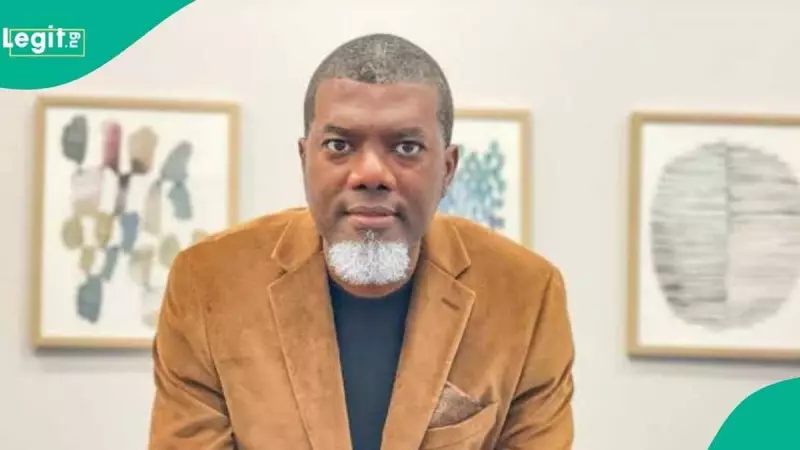
In a startling revelation that has sent shockwaves through Nigeria's political landscape, former presidential aide Reno Omokri has issued a stern warning against any potential military takeover in Africa's most populous nation.
The prominent social commentator and author expressed grave concerns about the consequences of military rule, drawing stark comparisons with current democratic governance under President Bola Tinubu.
The Economic Argument Against Military Intervention
Omokri presented a compelling economic case against military rule, highlighting how such governance would severely impact Nigeria's financial stability and international standing.
"Under a military government," Omokri cautioned, "the value of the Naira would plummet to unprecedented lows, potentially reaching ₦5,000 to the dollar." This dire prediction underscores the economic vulnerability that often accompanies military regimes.
The political analyst emphasized that democratic governance, despite its challenges, provides crucial stability that international investors and financial institutions require. Military rule, he argued, would trigger massive capital flight and cripple Nigeria's already fragile economy.
Regional Context: Learning from Niger's Experience
Omokri drew attention to Nigeria's northern neighbor, Niger Republic, which recently experienced a military coup. He used this example to illustrate the potential consequences of abandoning democratic processes.
"Look at what happened in Niger," Omokri stated. "The economic sanctions and international isolation that followed the coup have devastated their economy and harmed ordinary citizens."
The comparison serves as a sobering reminder of how quickly international support can evaporate when democratic norms are violated.
Democracy: The Better Path Forward
Despite acknowledging the current economic challenges facing Nigeria, Omokri maintained that democracy remains the superior system of governance. He pointed to several key advantages:
- Constitutional protections for citizens' rights
- Regular peaceful transitions of power
- International cooperation and investment opportunities
- Mechanisms for public accountability
- Freedom of expression and press
"While our democracy may be imperfect," Omokri noted, "it provides the framework for addressing our challenges without resorting to methods that could isolate us from the international community."
A Call for Patience and Constitutional Solutions
The former presidential aide urged Nigerians to exercise patience with the democratic process and work within constitutional frameworks to address national concerns.
"The solution to our problems lies in strengthening our democratic institutions, not abandoning them," Omokri asserted. "Military rule would set us back decades and destroy the progress we've made toward stable governance."
His comments come at a time when economic pressures have led some citizens to express frustration with democratic governance, creating what experts describe as a potentially dangerous environment for anti-democratic sentiments.
As Nigeria navigates its current challenges, voices like Omokri's highlight the critical importance of preserving democratic norms while working toward solutions that benefit all citizens.





